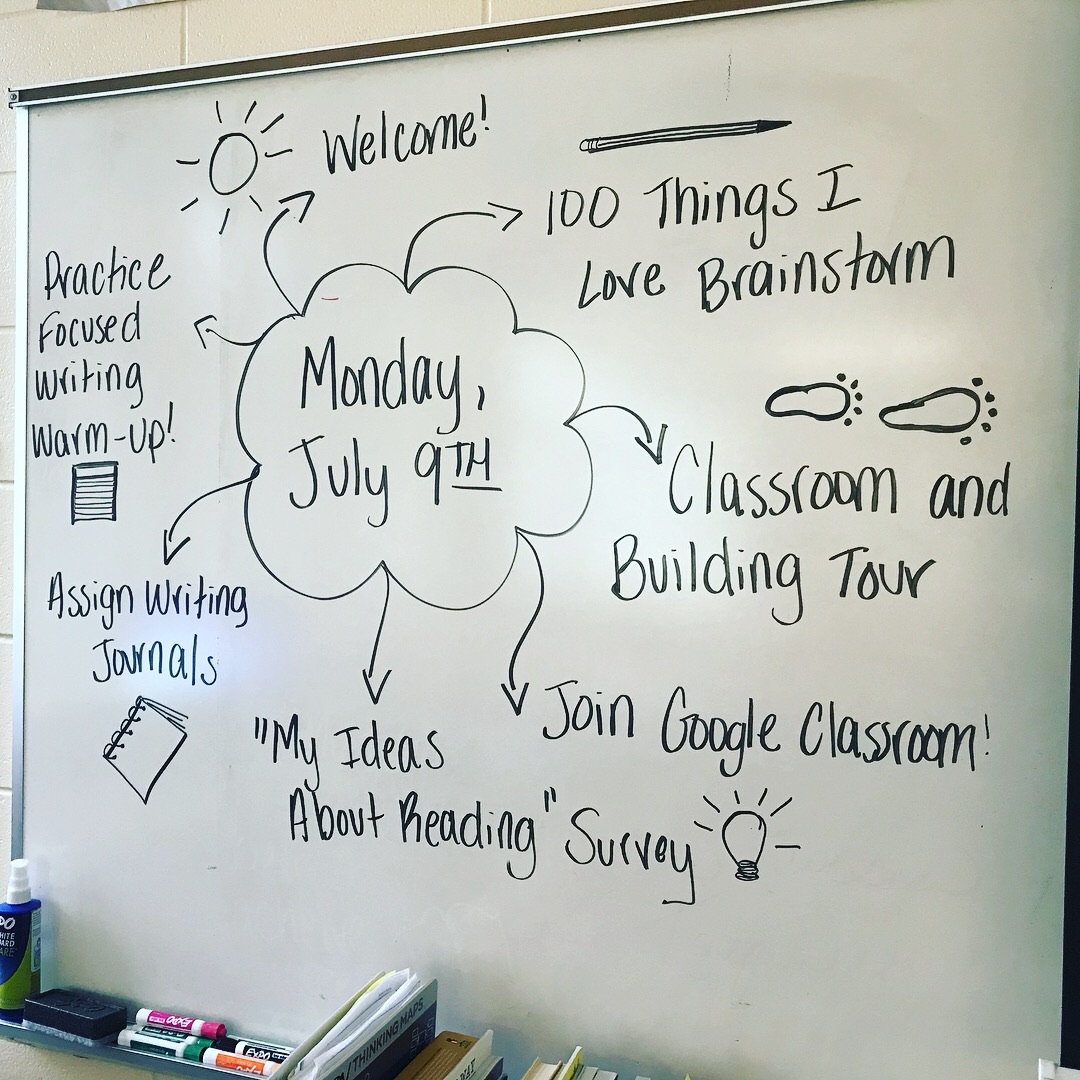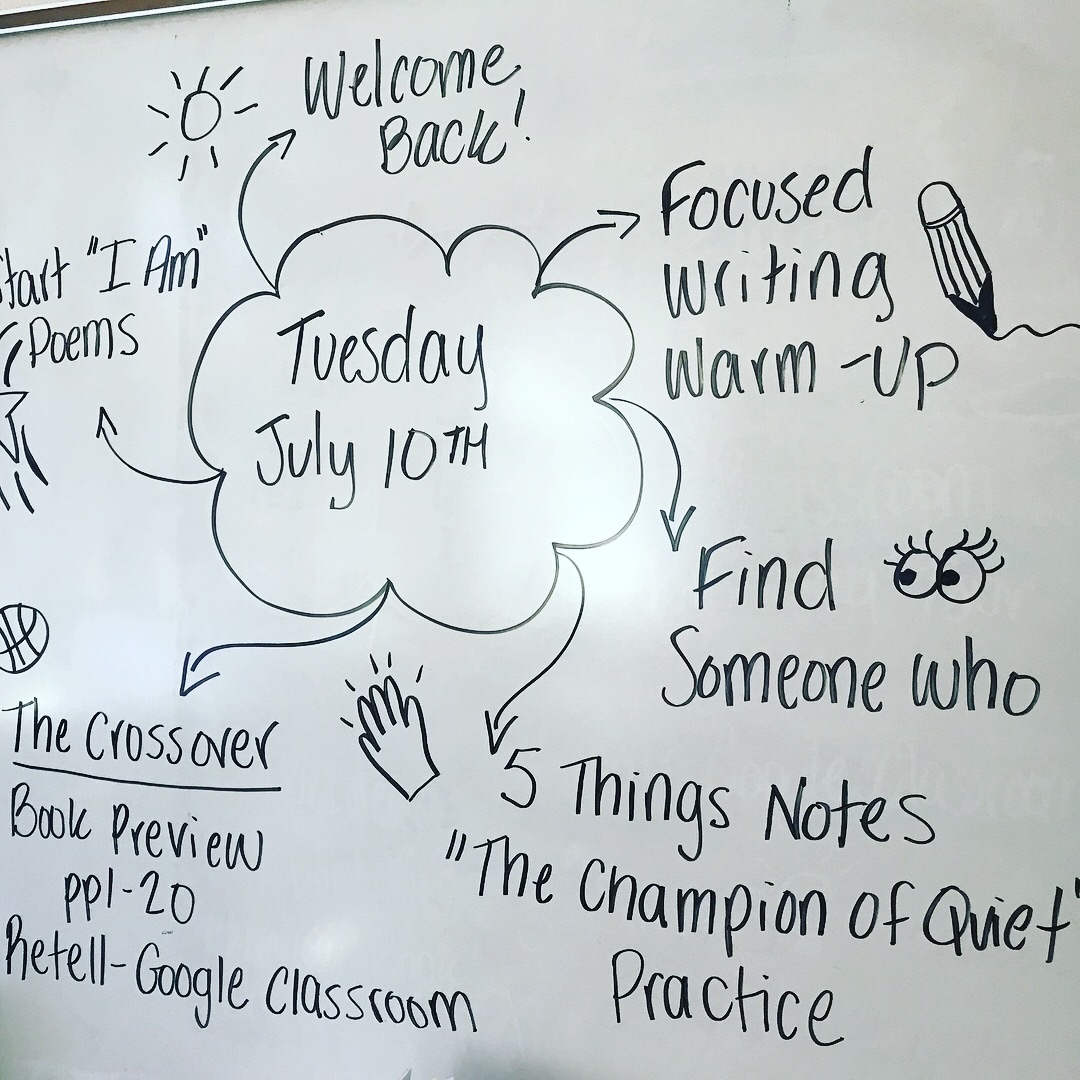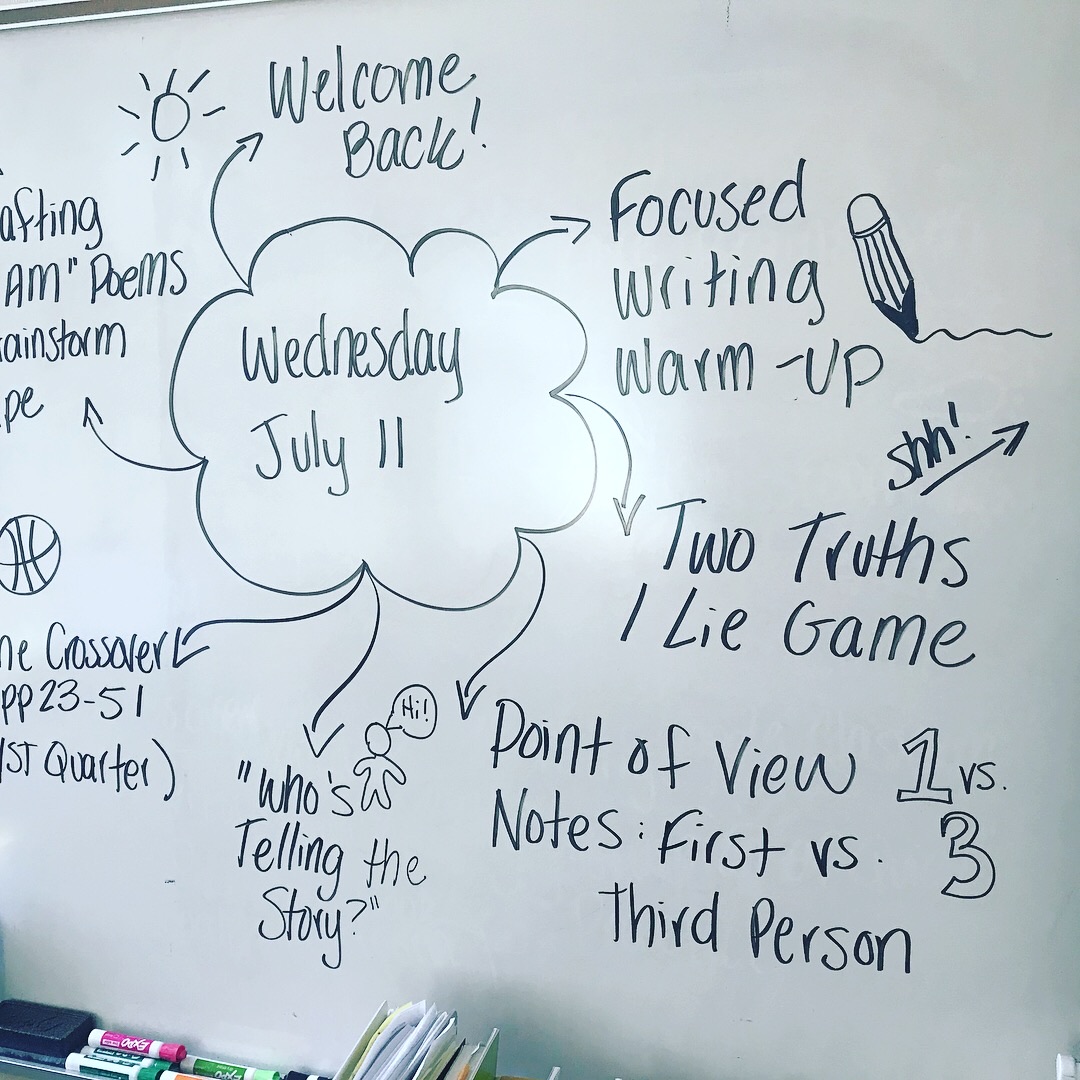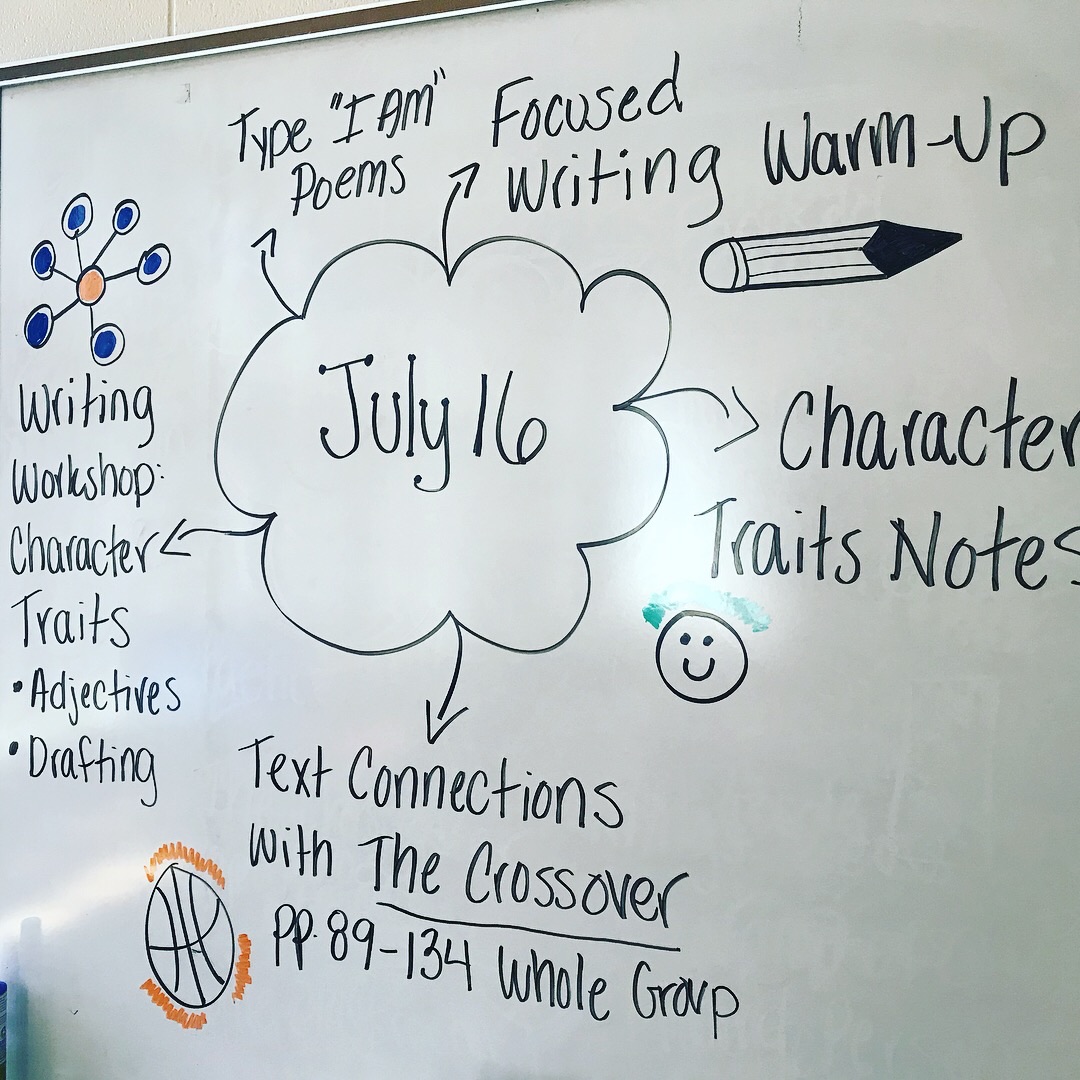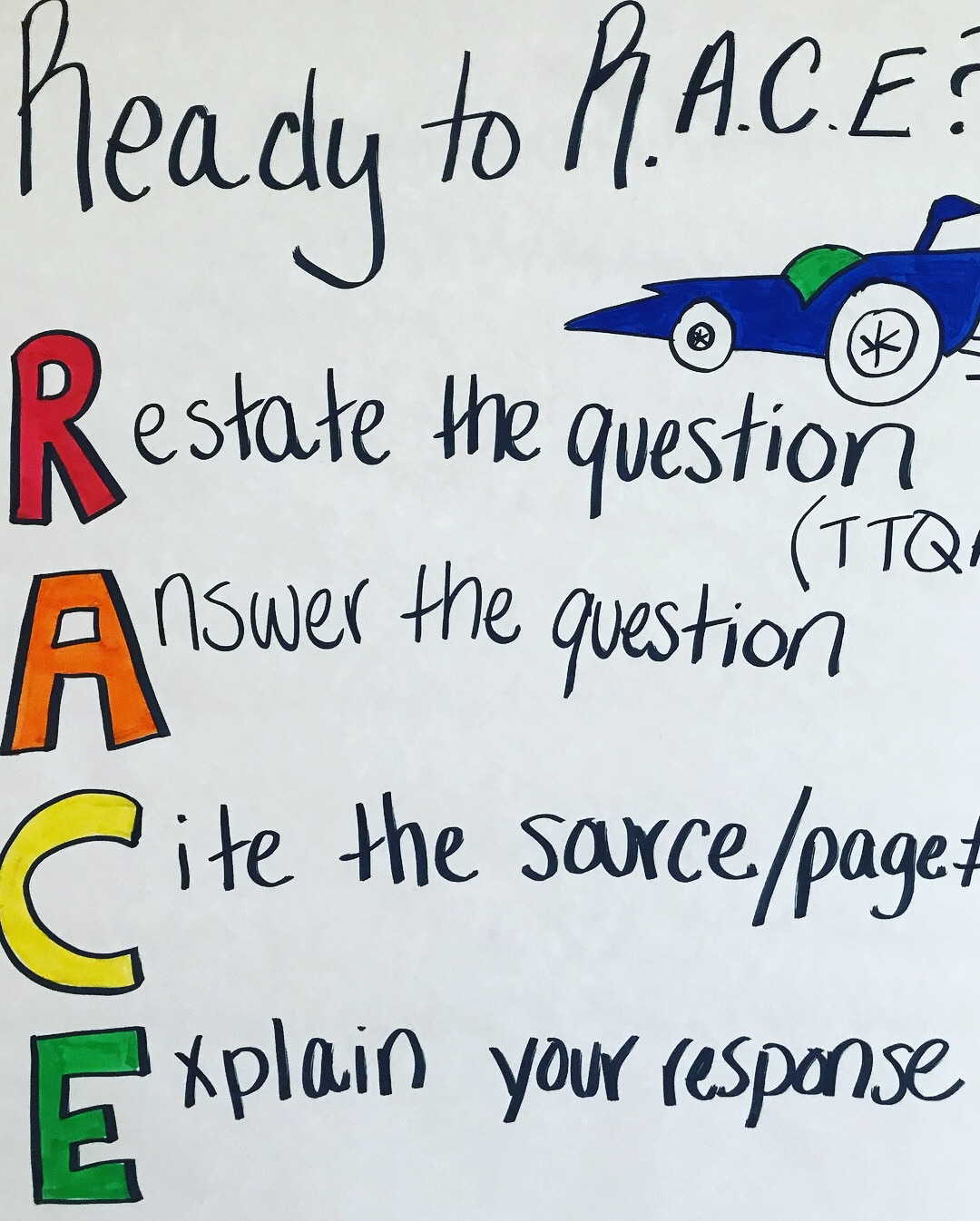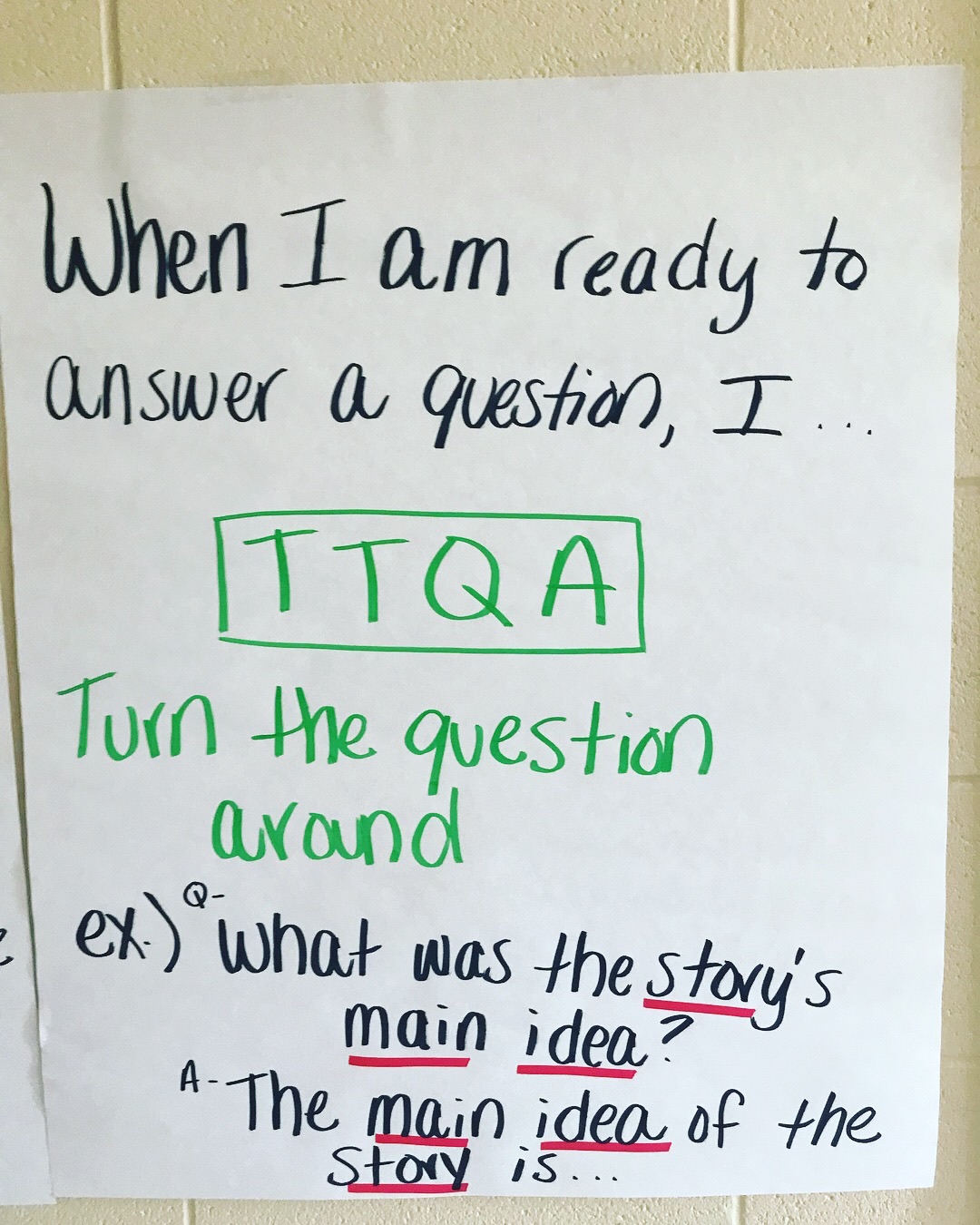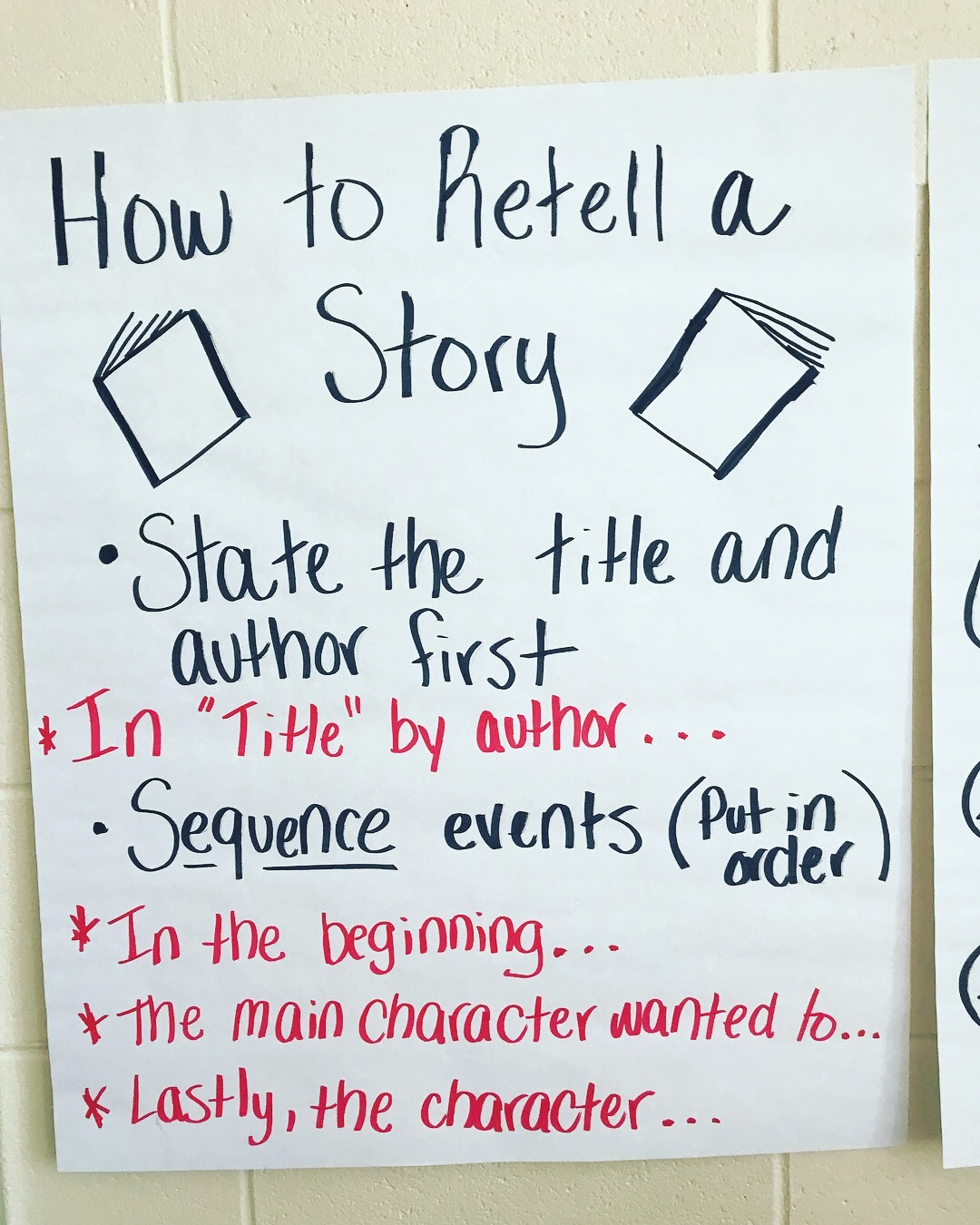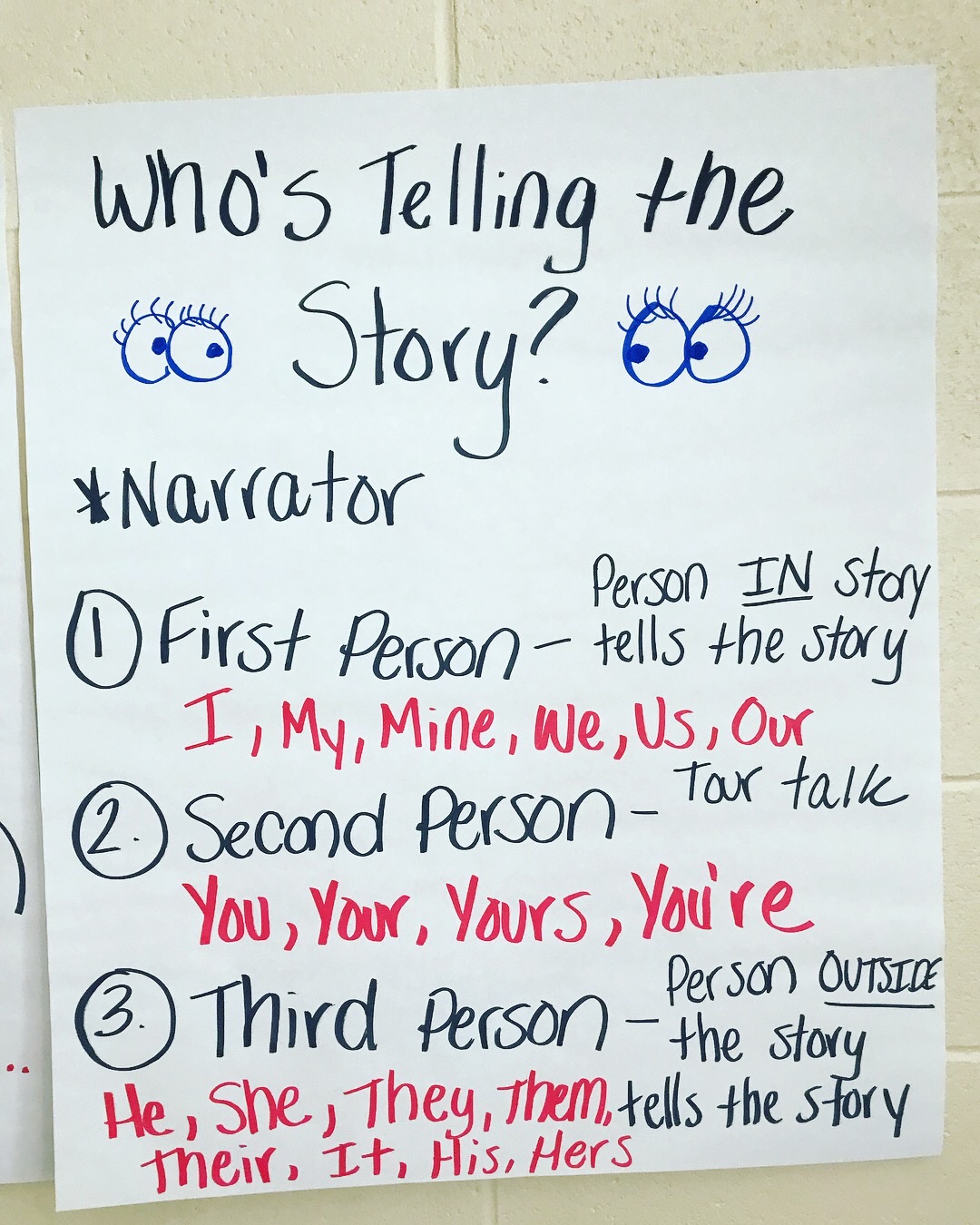Setting a Positive Tone the First Week of Summer School
Week One is Done!
I can't believe the whirlwind of the first week of summer school is over. There always seems like there are two camps in education: Those that can see why people work summer school and those that think we are crazy. The former camp has been refreshing to return to after working writing camps at the university for the past few summers. And really, teaching is teaching. Isn't it? That depends on who you are talking to. I wonder sometimes if why we all often get into teaching is something we feel renewed with on a day-to-day basis. Do I have to remind myself, what is my why for teaching? Yes. And often.
This past week has been a great reminder and realization about impact. While I love working with creative writers that already have a love of writing and reading, I also love working with those that haven't realized what they are capable of as of yet.
im·pact
noun
ˈimˌpakt/
1.the action of one object coming forcibly into contact with another.
"there was the sound of a third impact"
synonyms: collision, crash, smash, bump, bang, knock
"the force of the impact"
Now, you may have thought that I put the wrong impact definition above; however, there was not a mistake. Teaching is a crash of people together that causes life-changing outcomes. Not comparing education to a car crash, the impact of a teacher with a student in a positive manner can change the course of their path to education. I have always understood that veteran teachers do not teach summer school because they need a break. They need that time off in order to survive each year. However, the students that need the most experience and intervention are the same ones that are working with newer teachers each year during summer programs. I don't see a solution to this phenomenon until we succeed at helping the September-June teacher cope with self-care and personal growth during the school year. Once this is worked on, we can probably expect to see a rise in teachers dedicating their time to working with summer school students.
My school district did something different this year. Instead of remediation being the cause of sixth-grade summer school, it was prevention. For the sixth-grade summer school program, identified fifth-graders that are entering summer school are attending sixth-grade programs. This idea excited me and still does. If I am honest, it is one of the big reasons I am teaching this summer. 10 (out of my 50) students this summer are slotted for my individual building in the fall. If I can help ease their transition into middle school, this will all be worth it. This is a true opportunity for catch up growth and an attempt to close a gap for students.
I do have to admit after the first week closed I got immediately overwhelmed that there were only 16 days of summer school left. After taking a deep breath, I went back to my original plan and made some adjustments.
My Plan
If the pacing guide and my experience teaching incoming sixth-graders for the past 7 years had a baby, this is what the plan would look like. I took the core concepts of the pacing guide and then adapted it for what I think incoming middle-schoolers would need if they are struggling. There are four basic domains to a review curriculum for this short period of time. Again, the summer school program is only a brief 22 days...now 16 days. The goal is to make a big impact about big topics and give them some skills they will need before the first day of school in September. I based this pacing guide on four domains:
Domain 1: Routines
The routines of the day-to-day class are important to review not just for behavior purposes, but you are helping the next teacher ahead of you. If students, for example, know how to start class each day with their notebook, pencils, and materials, then they can transfer these skills to another classroom. Summer school is a great time to review routines and class norms in a way that empowers them to be wise about "how to do school."
Examples:
How do we start class? How do we finish the class?
How is behavior managed?
How is the restroom managed?
How do we speak to one another?
How do we share ideas in class?
Domain 2: Reading
Struggling readers need practice with reading. I love Jill Jackson's How to Teach Students to Critically Think About Text because it breaks down skills at each grade level band. Therefore, I can scaffold for a class that is at the K-2 level and I can work with a class that is ready for 6-8. These frames help students with their reading skills, and it can serve as a checklist for a pacing guide on key levels to hit along the way. If you are a fan of sentence frames for reading responses, this book is a great tool for you.
Examples:
Asking Questions
Making Predictions
How to Retell
How to Summarize
How to Decode a Prompt (I use TTQA and R.A.C.E. Strategy)
How to Analyze
Domain 3: Writing
As with reading, writing requires practice as well. I want to cover basic ideas such as responding to a prompt, summarizing, and basic conventions. There are only 22 days total in the program, yet there are some basic concepts that we can definitely cover in a short amount of time.
TTQA (Turn the Question Around)
R.A.C.E. Strategy (Restate the question, Answer the question, Cite the source, and Explain your response)
SWBST (Somebody Wanted But So Then for Summary)
Personal Narrative Writing Projects (Hooks, 3 Act Stories, Snapshots, Thoughtshots, Scenes, Dialogue, Etc)
Sentence length, capitals, periods, combining and shortening sentences, etc.
The next step in my plan is to use Linda Reif's The Quickwrite Handbook: 100 Mentor Texts to Jumpstart Your Students' Thinking and Writing as a guide. More to come on this. Expect a blog post on this plan for writing instruction, and also expect this to pop up in the week 3 reflection for summer school.
Domain 4: Joy
Number 4 is my favorite. Kids need to see that you love school. Even in the summer. As many times we can find joy in moments during summer school, we should. I always have a fun "would you rather" question to start class, and work in some activities that are filled with joy in other parts of the class. Whether this is laughing at the main character with them, telling a personal anecdote, or having them share with each other in smaller collaborative groups. Talking is joy. Reading is joy. Writing is joy. This is why we do this. The goal is for them not to want to leave. Even in the summertime, we can make them want to be at school to learn. Another example is working in a creative project during our time. I plan on working in Storybird Digital Stories this week. This provides students with a creative outlet that is also storytelling.
If you check out my written plan below, you will notice that the plan is incomplete as of the date of publishing for this post. It is a work in progress.



